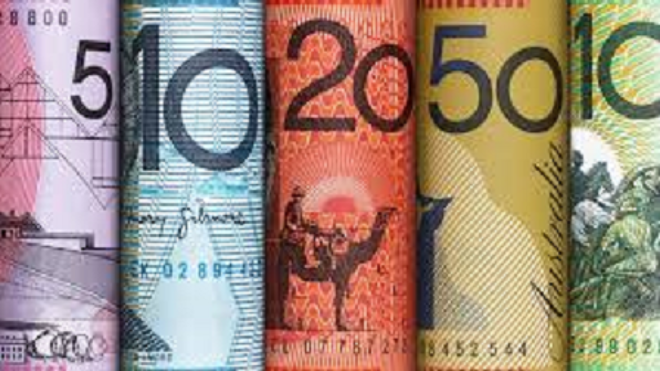Advertisement
Advertisement
A Stronger US Dollar Eases Need For Yen Intervention
By:
The Japanese yen was volatile on Tuesday morning following action on Monday after the closing of the G7 summit. The yen weakened on Monday to trade above
The Japanese yen was volatile on Tuesday morning following action on Monday after the closing of the G7 summit. The yen weakened on Monday to trade above the 111.00 level to hold at 111.09 this morning. Against the euro the yen lost 10 points to trade at 123.87. News that Prime Minister is about to put a hold on the next sales tax increase kept traders on edge. The strengthening US dollar reduced the need for intervention by the Bank of Japan to lower the value of the yen, which remains stronger than Japanese exporters would like.
Prime Minister Abe presented data at the G7 summit showing that commodities prices have fallen 55 percent since 2014, the same margin they fell during the global financial crisis, interpreting this as “warning of the re-emergence of a Lehman-scale crisis”.
The Japanese Prime Minister Shinzo Abe failed in his attempt to have the G7 leaders warn of the risk of a global economic crisis in a communique issued as their summit wrapped. The final statement failed to address the scale of the financial crisis facing the world today and instead gave the impression that the worst is over with somewhat Orwellian language which declared that G-7 countries “have strengthened the resilience of our economies in order to avoid falling into another crisis.”
The communique gives the impression that there is little risk due to strengthened, resilient economies when the truth is that there are significant risks facing the global financial system and the global economy.
With the UK Markets on holiday Monday, the markets were quiet and volume remained low. There was little on the economics calendar. Destatis released German consumer prices for May following the data, the euro changed little against the other major currencies. The euro was worth 1.1138 against the greenback, 123.82 against the yen, 1.1061 against the franc and 0.7619 against the pound.
Eurostat is expected to report that the inflation rate rose to minus 0.1 per cent in May from minus 0.2 per cent the previous month, and unemployment was unchanged at 10.2 per cent in April, according to separate Bloomberg surveys. Sentiment among consumers rose to minus 7.0 from minus 9.3 the previous month, according to Monday’s report. Confidence in retailing and construction improved as well, while a measure for industry remained unchanged and a gauge for services declined.
The US dollar gave back some of its Yellen inspired gains but remains at the upper limits of its current trading range at 95.55. The lower US dollar helped commodity currencies rebound this morning with the Aussie gaining 58 points to 0.7241. Australia’s current account deficit narrowed to a seasonally adjusted $20.79 billion in the first quarter from the fourth quarter of last year, the Australia Bureau of Statistics said. The surplus on goods and services increased by $4.7 billion over the quarter, which is expected to add 1.1 percentage points to gross domestic product growth.
GDP will be reported tomorrow. Economists currently forecast the economy grew 0.6 per cent in the first quarter from the fourth. Building approvals surprised to the upside helping buoy the Aussie.
The kiwi as in the green also gaining 31 points to 0.6726 after ANZ business confidence reported higher than expected.
About the Author
Barry Normanauthor
Advertisement
